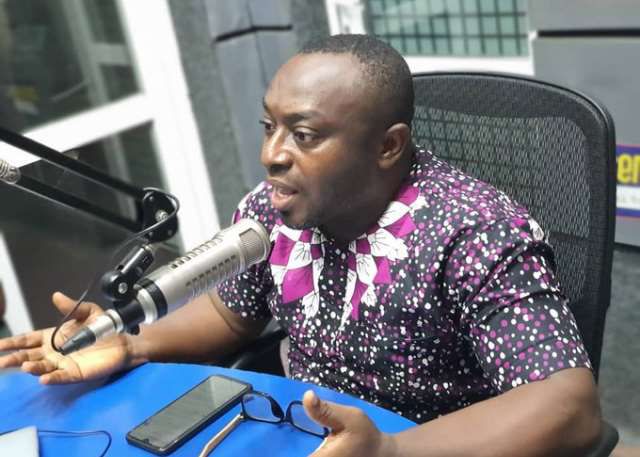Isaac “Opeele” Boateng, a known sympathizer of the National Democratic Congress (NDC) and a former manager of the Asante Kotoko football club, has ignited a debate on social media regarding presidential priorities in ministerial appointments. His contention centers on the perceived contrast between President Akufo-Addo’s initial appointments in 2017 and the recent appointments made by President Mahama in his second term. Opeele argues that Akufo-Addo’s prioritization of appointing a Foreign Minister early in his first term suggests a greater emphasis on international relations and travel, while Mahama’s swift appointment of a Finance Minister signals a commitment to addressing Ghana’s economic challenges. This critique reflects a broader political discourse on the appropriate focus of a new administration, particularly in the context of Ghana’s current economic difficulties.
Opeele’s post directly challenges the criticisms leveled against Mahama’s initial, limited appointments by the New Patriotic Party (NPP) parliamentary caucus. The NPP, through Minority Leader Alexander Afenyo-Markin, has expressed dissatisfaction with the appointment of only three ministers – Finance, Energy, and Attorney General – arguing that this demonstrates a lack of preparedness and contradicts the NDC’s previous promises of a “24-hour economy” and immediate action. Afenyo-Markin’s characterization of the appointments as “tot-tot,” suggesting a piecemeal and inadequate approach, underscores the NPP’s attempt to portray the Mahama administration as slow and ineffective in responding to the nation’s economic woes. This exchange highlights the ongoing political sparring between the two major parties and their contrasting approaches to governance.
The central point of contention revolves around the perceived urgency of addressing Ghana’s economic situation. Opeele posits that Mahama’s prioritization of the Finance Ministry demonstrates a clear focus on economic recovery. By appointing Dr. Cassiel Ato Forson to this key position within 48 hours, Mahama seemingly signals his intention to tackle what Opeele refers to as Ghana’s “Stupid Economy” head-on. This phrase, while provocative, encapsulates the sentiment of economic mismanagement and the urgent need for corrective action. Opeele contrasts this with Akufo-Addo’s decision to appoint a Foreign Minister, Shirley Ayorkor Botchwey, among his first appointees in 2017, suggesting that this prioritized international relations over domestic economic concerns.
The debate extends beyond the specific ministerial portfolios to the broader philosophy of governance. Opeele’s argument implies that a focus on international relations and travel, symbolized by the early appointment of a Foreign Minister, can be seen as a distraction from pressing domestic issues, particularly economic challenges. He frames this as a contrast between a focus on external appearances and a commitment to internal problem-solving. The NPP’s critique, conversely, suggests that a swift and comprehensive appointment of ministers across all sectors is essential for effective governance and a demonstration of preparedness to address the multifaceted challenges facing the nation.
This public exchange also reflects the dynamics of political opposition and the tendency to scrutinize and criticize the actions of the ruling party. The NPP, now in opposition, is leveraging the opportunity to highlight what they perceive as shortcomings in Mahama’s administration, seeking to portray him as unprepared and slow to act. Opeele, as an NDC sympathizer, is defending Mahama’s approach and attempting to reframe the narrative, emphasizing the prioritization of economic recovery. This back-and-forth is characteristic of the political landscape, where opposing parties utilize every opportunity to advance their own agenda and critique their rivals.
The debate sparked by Opeele’s comments raises important questions about the appropriate priorities of a new administration and how these priorities are reflected in ministerial appointments. While the NPP emphasizes the need for a comprehensive and immediate approach to governance, Opeele argues that focusing on key economic portfolios first signals a commitment to addressing the most pressing national concerns. This dialogue contributes to a broader conversation about the role of government, the management of national priorities, and the ongoing political dynamics within Ghana. Ultimately, the effectiveness of both approaches will be judged based on their tangible outcomes and their impact on the lives of Ghanaian citizens.














